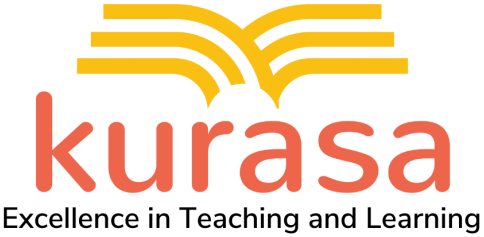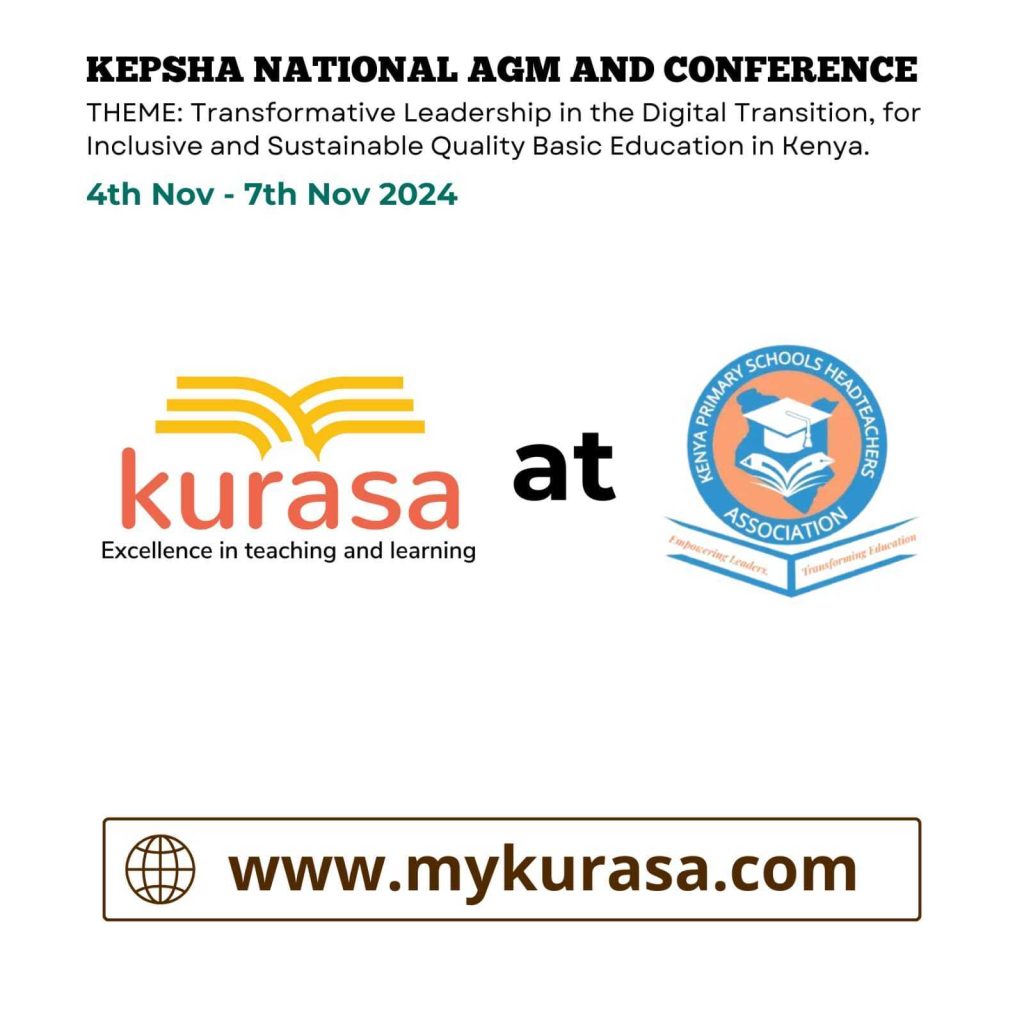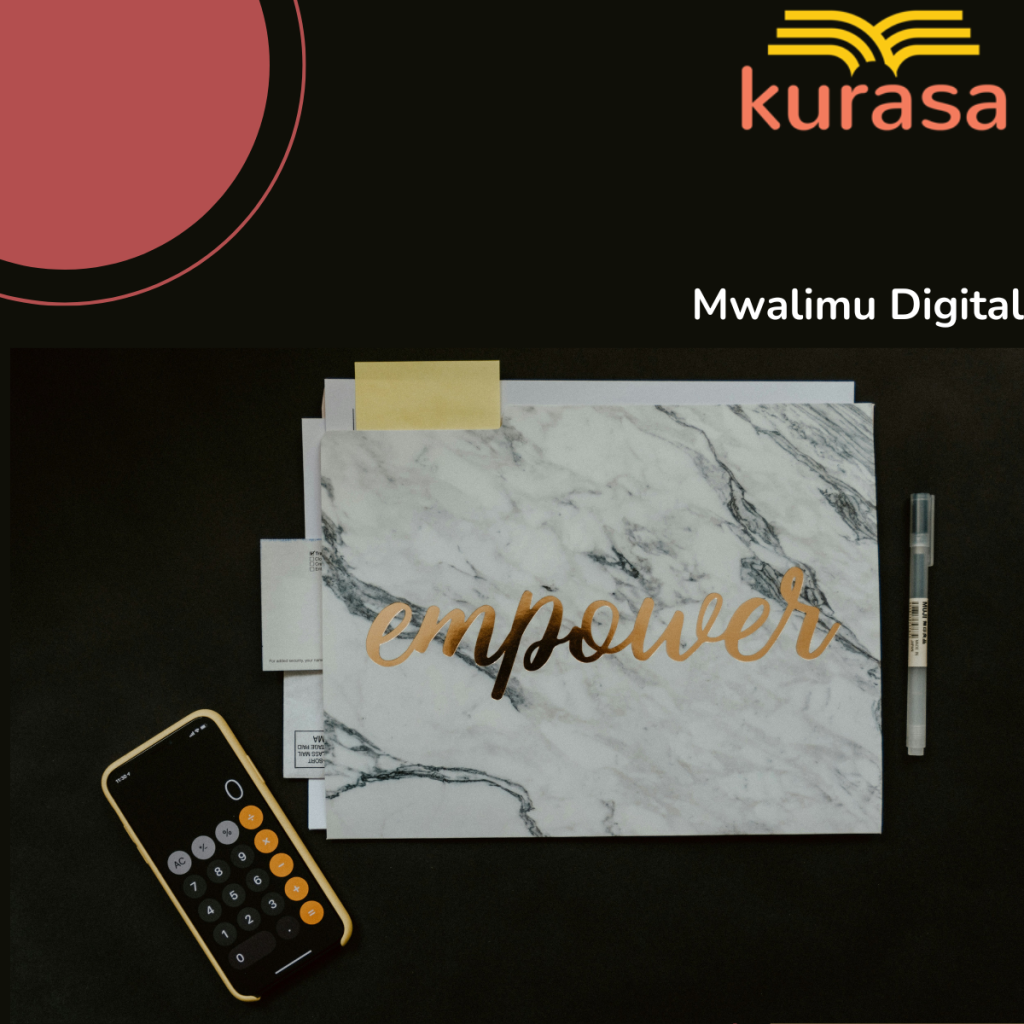In an era marked by rapid technological advancements and ever-evolving global challenges, the imperative to build a brighter future for education has never been more crucial. This mission transcends the traditional confines of literacy and numeracy, pushing the boundaries towards cultivating a holistic and adaptable learning environment that prepares learners for the complexities of the 21st century. As educators, policymakers, and stakeholders invest in this transformative journey, the focus shifts to creating educational systems that are inclusive, innovative, and capable of equipping students with the critical thinking, creativity, and problem-solving skills they need to thrive in an interconnected world. A webinar was conducted on the 29th of February 2024 in regards to the topic and life-changing insights on education were shared on the webinar and they are discussed as follows;
Value of Teacher Capacity Development and Preparedness
The Goal of Instil education in the education sector is a collaborative learning environment hence the need to reach out to like-minded individuals such as Kurasa in order to make this dream come true. The phrase ‘we are going digital’ has greatly impacted this environment since the incorporation of technology in the education sector is the main basic skill needed to administer the tasks stated in the Competency Based Curriculum (CBC). Staying afloat to the various changes in education has done more well than good for our teachers. This encourages the development of teacher- capacity which in return strengthens teamwork in school which promotes inclusive and equitable learning.
As stated, Education is a social-oriented activity that always brings out new knowledge hence it being a lifelong activity. Hence, growth and independence in Africa are solely based on the knowledge incorporated in the continent. Therefore, for Africa to change, it has to start at home.
Teacher Capacity Building
As stated by the famous leader Nelson Mandela, Education is the Great Engine for personal development. In the verge of development, the teacher needs to grow to a certain capacity in orer to improve the level of education. Teacher capacity development is an interpretation of teachers being educated beings; just an improvement in their capacity would bring the change that we have been seeking. Improving the capacity of teachers automatically leads to the elevation of learners. Several methods can be used to elevate them; provision of gadgets (digitalizing the teachers) to help teachers in administering their various tasks as stated in the policy, provision of administrative resources by the stakeholders, teacher participation which promotes intrinsic motivation to offer their services, and consistent engagement with our educators by providing timely reports. An educated teacher, a capacitated teacher will greatly influence our end product who are our learners.
Inclusivity Aspect and Recommendations
A proper framework needs to be drafted or a special curriculum for persons living with disabilities for incorporation purposes. A huge amount of ignorance has been witnessed from the stakeholders and Directors hence the framework to allow natural onboarding to be implemented and possibly as a government policy. Pocket-friendly expenses are highly encouraged also. For advocacy, constant marketing skills in terms of stating its benefits would be of great help to us as the decision makers.
Government Inclusivity
The education sector is controlled by a National policy drafted by the Government which makes it a Public – public-private partnership. Working together with the KICD and TSC makes the government an official partner in all our endeavours. We’ll be reaching out to the government team dealing with ICT and personal development and pitch our proposal and a framework on what we do and how it’ll impact the education sector and have a separate document on the benefits accrued asking for their support to reduce the ignorance stated above.
The foundation of this brighter future lies in our ability to adapt and innovate. By integrating cutting-edge technologies with competency-based curricula, we can offer personalised learning experiences that cater to the diverse needs of students, making education more engaging, effective, and meaningful. Furthermore, empowering educators with the tools and resources they need to excel in their roles is paramount in cultivating environments that nurture curiosity, creativity, and critical thinking.
In building this future, collaboration among educators, technologists, policymakers, and communities is essential. Together, we can develop solutions that address the unique challenges faced by learners in different contexts, ensuring that no one is left behind. Our collective efforts must be geared towards creating educational ecosystems that are not only resilient but also adaptable to the ever-changing demands of the 21st century.
As we embark on this ambitious path, it’s important to remember that the goal is not just to prepare learners for the world as it is but to inspire them to envision and create the world as it could be. Education is the most powerful tool we have for driving social change, promoting sustainability, and fostering global citizenship. By committing to building a brighter future for education, we are investing in the potential of every learner to make a difference, in their lives and in the world at large.
Special thanks to the Moderator Ruth Kimani and our panelists: Daniel Mutende, Deputy Kabarak Primary School; Irene Kamau, Director Kasarani Group of Schools; William Nguru, CEO Kurasa; and Dr. Lydia Chege, The Instill Country Lead.


